This past weekend I was fortunate enough to attend an introductory training on Internal Family Systems Therapy (IFS). It’s a style and method of psychotherapy I have immediately started applying with clients and one that feels very inspiring. I felt immediately right at home with the principles and methods. Below I hope to share some of the core insights and principles as I understand them.
Internal Family Systems (IFS) therapy was developed by Dr. Richard Schwartz, it’s an approach that sheds light on the internal dynamics of our minds and promotes profound healing. Here in, I will delve into the world of IFS, do my best to explain its key principles, techniques, and how it may benefit you. There’s also an amazing video which quickly encapsulates the method, link here.
Understanding IFS:
This style of therapy is an integrative model that views the mind as a collection of various parts, each with its own thoughts, emotions, and beliefs. These parts are organized into an internal system, akin to a family structure, where conflicts and imbalances may arise. IFS therapy helps people explore and reconcile these internal conflicts, fostering harmony, and enabling personal growth.
The Core Principles of IFS:
a. Self: Central to IFS therapy is the concept of the "Self," which represents the essence of who we truly are – calm, compassionate, and curious. By accessing this core aspect, you can develop a harmonious relationship with your internal parts and promote healing.
b. Parts: IFS recognizes the existence of various parts within us, such as the "inner critic," "inner child," or "protector." These parts often carry burdens, traumas, or beliefs that shape our behaviour. IFS therapy helps you understand and communicate with these parts, fostering self-awareness and transformation.
c. Unburdening: IFS therapy aims to unburden and heal wounded parts by creating a safe space for exploration and self-compassion. As you engage in a compassionate dialogue with their parts, they can uncover the underlying emotions and beliefs that drive their actions.
Techniques Used in IFS Therapy:
a. Internal Dialogue: Through guided introspection, clients engage in a dialogue with their internal parts, fostering a compassionate and curious conversation. This process helps individuals understand the underlying motivations and emotions of different parts, leading to increased self-awareness.
b. Visualization: This method often employs visualizations to help clients see their parts and establish a deeper connection their in. This practice allows you to explore your parts' intentions, fears, and desires; eventually, paving the way for integration and healing.
c. Self-Leadership: IFS therapy encourages people to cultivate their "Self" as a wise and compassionate leader within their internal system. By developing a strong Self, individuals can effectively guide and harmonize their parts, promoting emotional well-being and resilience.
Benefits of IFS Therapy:
a. Enhanced Self-Awareness: IFS therapy provides a powerful framework for understanding one's internal world, fostering deep self-awareness and insight into patterns of behavior and emotional responses.
b. Emotional Healing: By facilitating a compassionate and non-judgmental exploration of internal conflicts and traumas, IFS therapy promotes healing and integration, leading to emotional well-being and personal growth.
c. Increased Self-Compassion: IFS therapy nurtures self-compassion, allowing individuals to approach their internal parts with empathy and understanding. This gentle approach promotes self-acceptance and self-love.
d. Improved Relationships: As individuals develop a harmonious relationship with their internal parts, they often experience a positive ripple effect in their external relationships. IFS therapy can improve communication, understanding, and empathy towards others.
Conclusion: Internal Family Systems (IFS) therapy offers a transformative approach to healing by exploring the intricate dynamics of our internal world. By cultivating self-awareness, compassion, and integration, individuals can embark on a journey towards emotional



